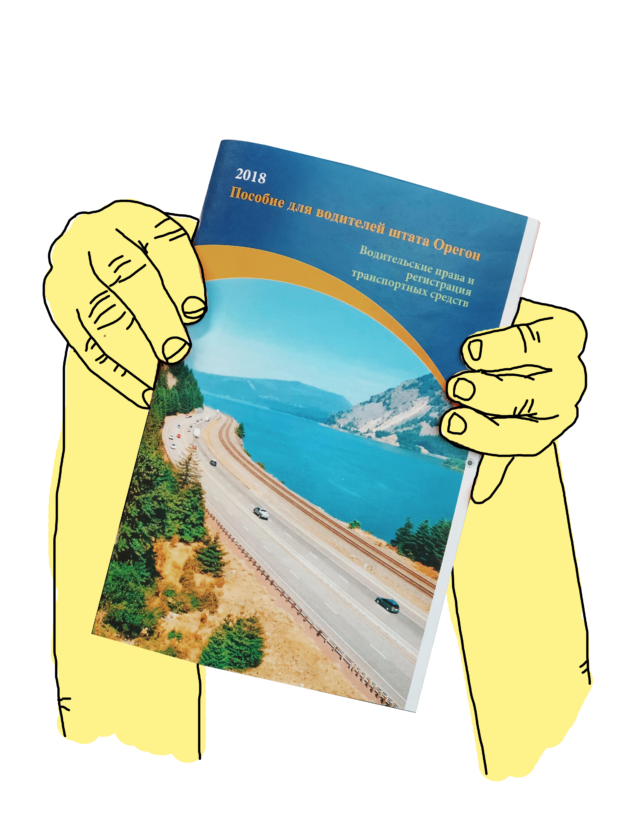Since their debut in 2003, the ever-increasing popularity of podcasts shows no signs of slowing down. Talking about favorite podcasts has become as normal as talking about favorite TV shows.
Podcasts tend to have less stigma attached than other forms of media entertainment like television and social media, with many shows closely tied to learning and spreading information.
According to a Podtrac study in 2017, NPR topped the rank of podcast publishers, with over 16 million monthly listeners in the United States alone. NPR’s mission is “to create a more informed public—one challenged and invigorated by a deeper understanding and appreciation of events, ideas and cultures” and to promote personal growth.
HowStuffWorks—Another widely successful podcast publisher—was originally an educational article platform.
There’s a vast array of genres—history, politics and current events, literature, science, mental health, spirituality and more—that make up the current podcast market, and many strive to educate and inform. Even narrative and storytelling series aim to inspire, build community and foster creativity.
Podcasts are also better able to stimulate listeners’ imaginations—more so than visual content like television. Psychologist Emma Rodero from Pompeu Fabra University stated, “Audio is one of the most intimate forms of media because you are constantly building your own images…in your mind.” It can therefore be an active experience; listeners are not mindlessly consuming content, but are converting it into visual forms and emotionally connecting with what they hear.
One of the draws of podcasts is their ability to be consumed in conjunction with another activity. We listen while driving, walking around, on the bus or while knitting. It’s nice to be able to listen while on the go, but is this multitasking and tuning out the world around us affecting our development?
Research suggests prolonged multitasking has detrimental effects on our brains. Massachusetts Institute of Technology neuroscientist Earl Miller stated that multitasking has cognitive costs: lower performance, dropped IQ rates and loss of efficiency. Additionally, research shows multitasking produces more cortisol, a steroid hormone commonly linked to stress.
This widespread access to knowledge and creativity is indeed a positive impact of podcasts. They may not be for everyone, but their contribution to our collective society shouldn’t be negated and their effects should be acknowledged. If listening makes your daily commute less miserable and you resonate with stories that leave the visuals to your imagination, go right ahead. I wish you the best of listening experiences, as long as you’re mindful of your podcast consumption and its impact.







